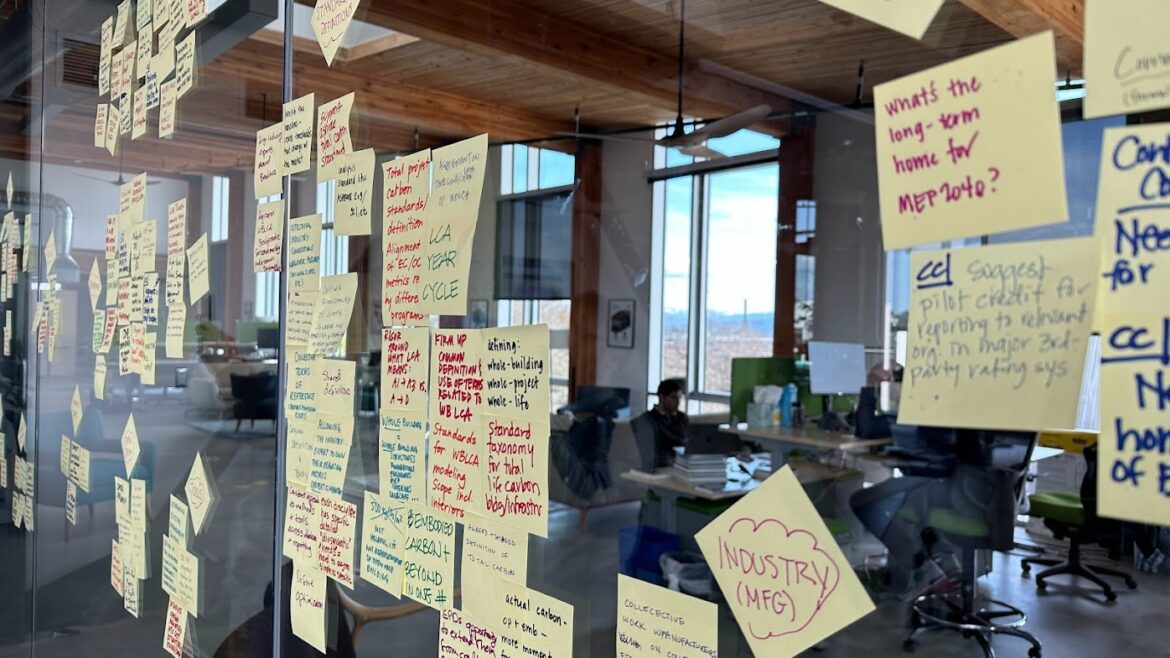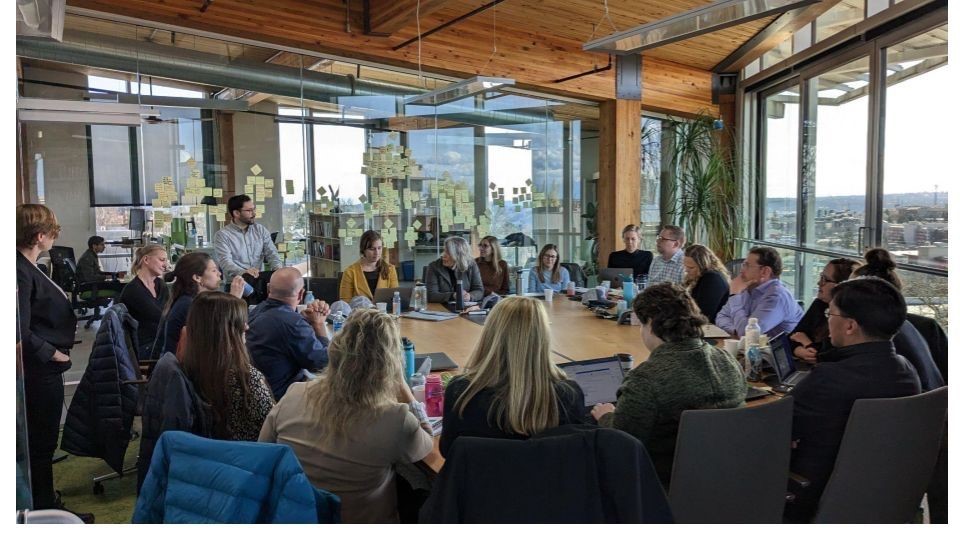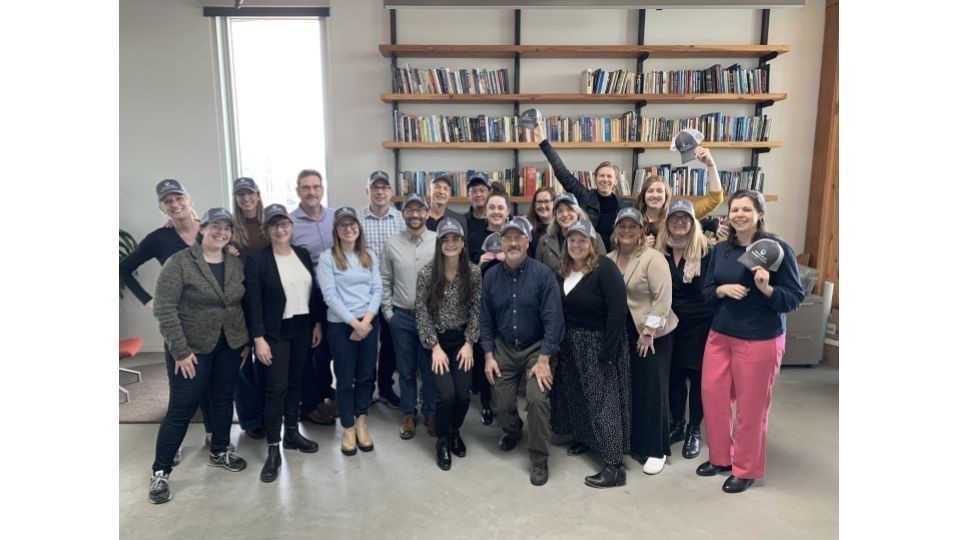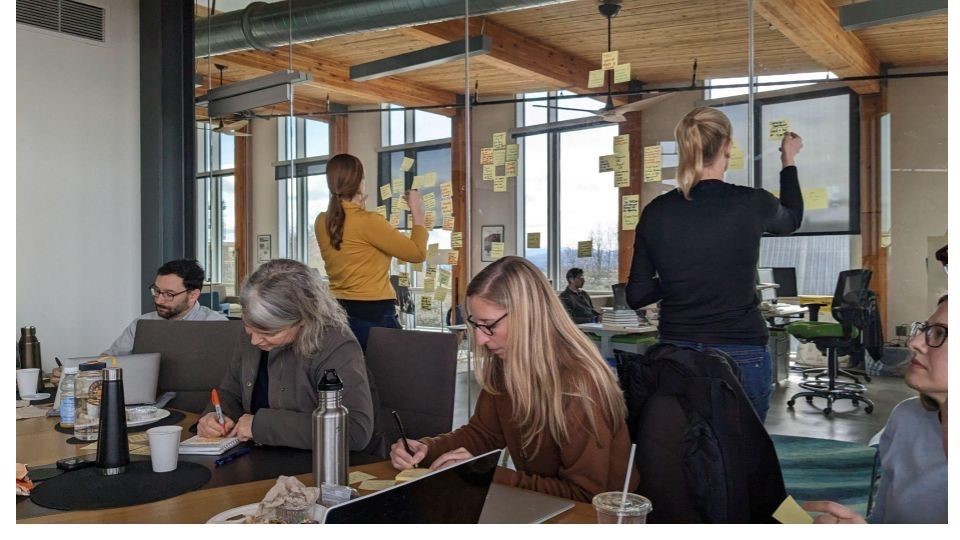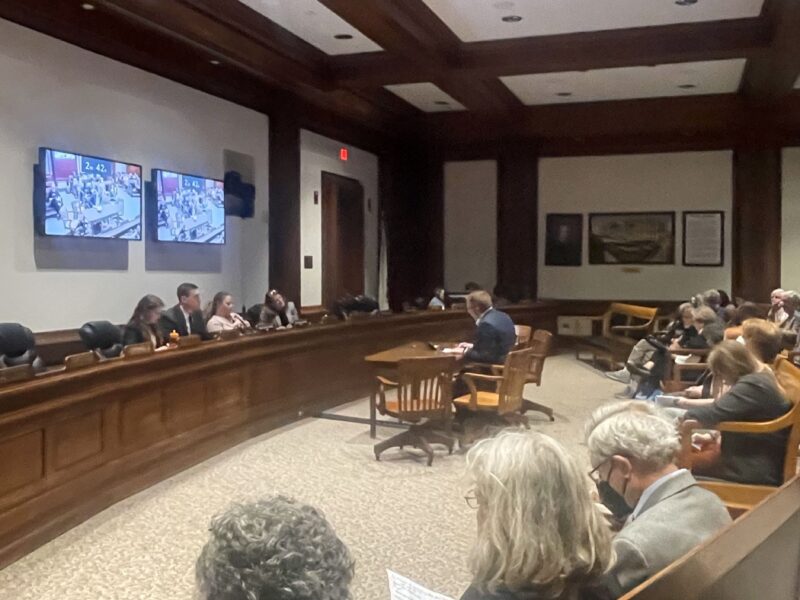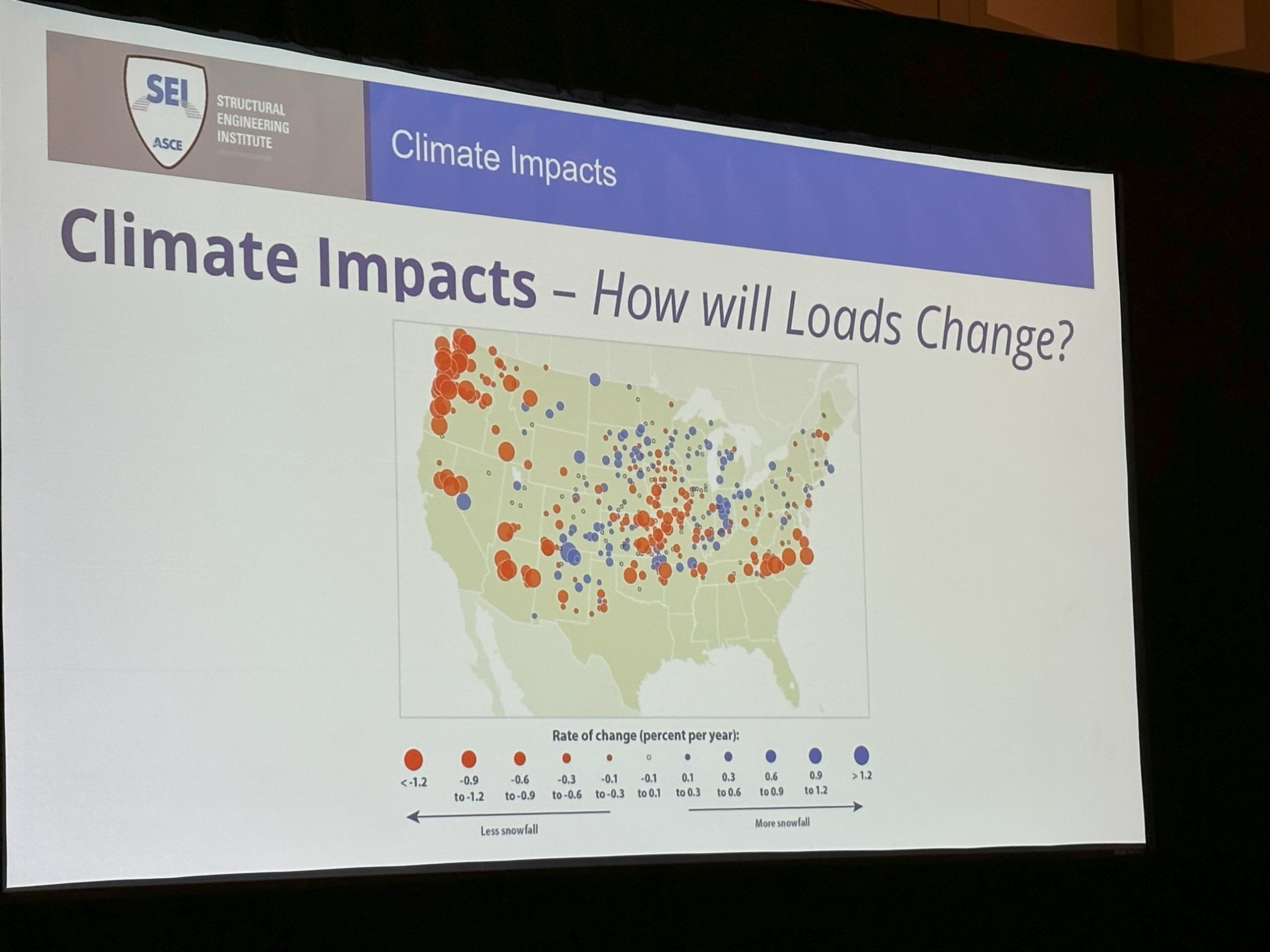Industry Collaboration on Embodied Carbon
In his capacity as Chair of SE 2050, Cora Structural Founder and Principal, Michael Gryniuk, was very happy to take part in an initial meeting of industry leaders to discuss a potential coalition to accelerate and strategize how to rapidly reduce embodied carbon in the built environment. The group was composed of representatives from a set of NGOs and professional commitment groups who are engaged in gathering embodied carbon data from the built environment for professional carbon reduction commitment programs or certification systems, as well as other awareness and engagement activities.
The group explored working together to streamline embodied carbon data collection and reporting, align on key terminology, build awareness around solutions of the positive environmental attributes that building materials can achieve, and speak together with a harmonized voice to accelerate progress.
Following years of collaboration amongst various individual groups, built environment industry leaders came together for the first time at one table on March 14th, 2023 in Seattle, Washington, to discuss a potential coalition to accelerate and strategize how to rapidly reduce embodied carbon in the built environment.
The workshop was convened by Architecture 2030, Building Transparency, Carbon Leadership Forum, International Living Future Institute, and the US Green Building Council. In attendance were members of the organizing groups along with representatives from:
- A&D Materials Pledge & 2030 Commitment
- Contractors Commitment
- Climate Positive Design Challenge
- Infrastructure2050 (in development by ASCE)
- MEP 2040 Challenge
- SE 2050 Commitment
Reducing embodied carbon is recognized as a key action area for the built environment industries — including design, real estate, and construction — to address climate change. The need to address carbon emissions in the built environment has been propelled by a groundswell of action across industries including the recent Buy Clean components of the Federal Inflation Reduction Act. Collaboration among industry leaders is seen as necessary to enable positive outcomes to those actions.
The group explored working together to streamline embodied carbon data collection and reporting, align on key terminology, build awareness around solutions that building materials can achieve, and speak together with a harmonized voice to accelerate progress. Together, this collaboration will accelerate the transition of the built environment towards positive environmental outcomes through design practices and material choices.
As organizations currently or imminently gathering embodied carbon data from the built environment industry, creating tools and resources, and building awareness about this critical issue, we believe that we can move faster together. We will be meeting again in May to plan our collaboration.

